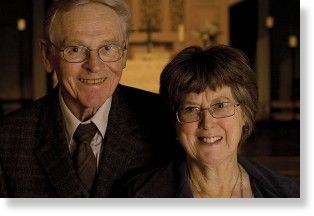The finding, published in the journal Current Biology, explores the historic question in neuroscience and biology about how our brains puts together information from all the different senses.
Christopher Berger, doctoral student at the Department of Neuroscience and lead author of the study explained:
"We often think about the things we imagine and the things we perceive as being clearly dissociable. However, what this study shows is that our imagination of a sound or a shape changes how we perceive the world around us in the same way actually hearing that sound or seeing that shape does. Specifically, we found that what we imagine hearing can change what we actually see, and what we imagine seeing can change what we actually hear."The study included a series of experiments that used illusions in which sensory information from one sense distorts or changes a person's perception of another sense. The experiments consisted of 96 healthy volunteers.









